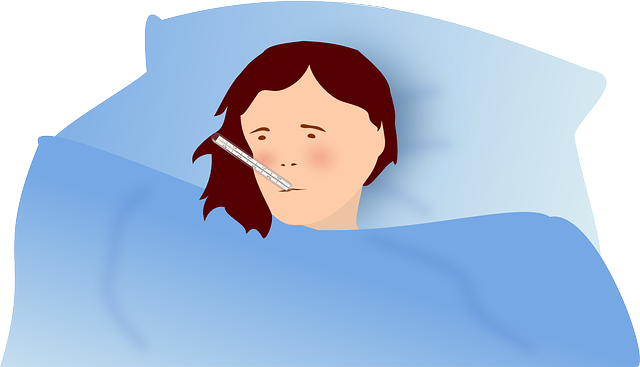1. What is a keto diet?
A keto diet is a low-carb, high-fat way of eating that aims to switch your body from using carbohydrates as its main energy source to using fat. This type of diet typically involves reducing carbohydrates to under 50 grams per day, while increasing your fat intake and eating moderate amounts of protein.
2. What are the benefits of a keto diet?
The keto diet may help with weight loss, improved mental clarity and focus, improved physical energy, reduced hunger and cravings, improved blood sugar control, and reduced risk for certain chronic diseases.
3. What foods should I eat on a keto diet?
Foods that are allowed on a keto diet include non-starchy vegetables, avocado, nuts, seeds, eggs, meat, fish, and low-carb dairy products.
4. Are there any foods I should avoid?
Foods to avoid on a keto diet include grains, starchy vegetables, and high-carb fruits. Processed foods high in sugar and refined carbohydrates should also be avoided.
5. What are the side effects of a keto diet?
The side effects of a keto diet can include fatigue, headache, and constipation. The “keto flu” is a term used to describe the initial symptoms of fatigue and brain fog that some people experience in the first few days of starting a keto diet.
6. Can I drink alcohol on a keto diet?
Alcohol should be avoided while following a keto diet. Many alcoholic beverages contain carbohydrates that can quickly add up and impact your carb count for the day.
7. Do I need to take any supplements?
It is recommended to take a multivitamin and mineral supplement while following a keto diet to make sure you are getting all the necessary nutrients.
8. How long do I need to follow the diet?
The length of time you need to follow a keto diet will depend on your individual goals. Some people may follow the diet for a few weeks or months, while others may follow it for much longer.
9. Is there a maintenance phase?
Yes, after reaching your goal weight or desired health benefits it is recommended to follow a maintenance phase. This includes gradually reintroducing carbohydrates into your diet and monitoring your body’s response.
10. Is a keto diet safe?
When done correctly, a keto diet can be safe and beneficial. However, it is important to make sure you are getting enough nutrients and not overdoing it on the fat and protein. It is also important to talk to your doctor before starting any new diet.








